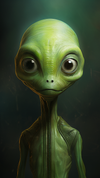The Dual Life of The Incredible Hulk
Explore the dual nature of The Incredible Hulk, where Bill Bixby’s scientist and Lou Ferrigno’s creature reveal the timeless struggle between human reason and unleashed power.
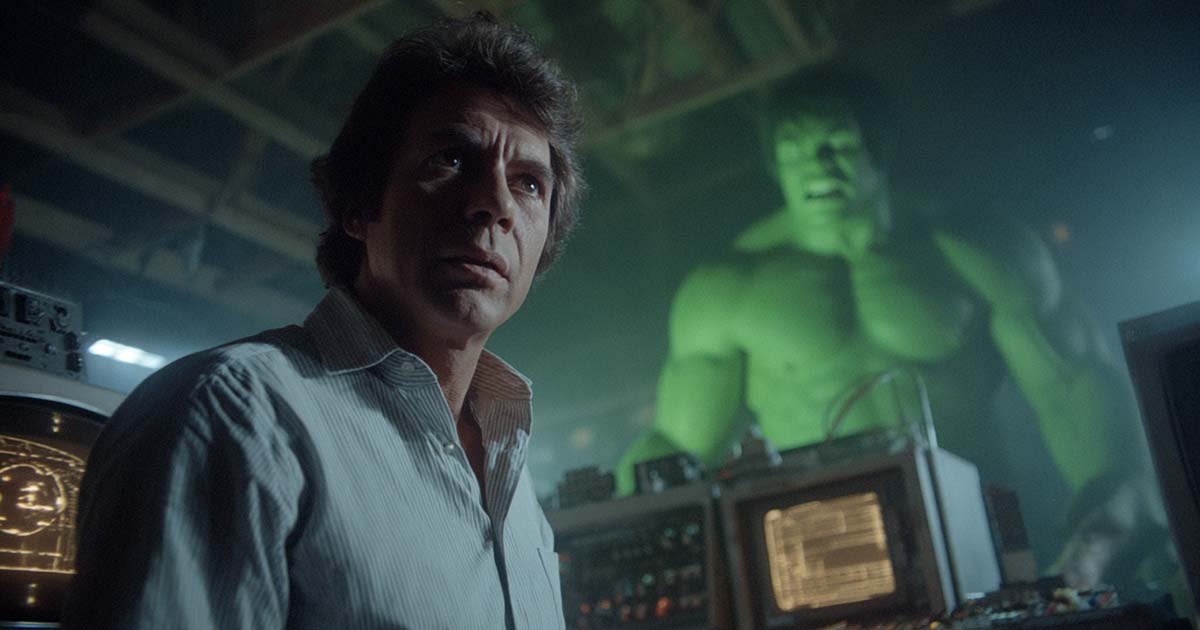
The Debut of "The Incredible Hulk" TV Show
On November 4, 1977, American viewers met a new kind of television hero. The Incredible Hulk premiered on CBS with a two-hour pilot that introduced Dr. David Banner, played by Bill Bixby, and his monstrous other self, portrayed by Lou Ferrigno.
The story begins when Banner, driven by grief and determination, experiments with gamma radiation in search of human strength. The experiment fails. Now, whenever anger or stress takes hold, Banner becomes a creature of enormous power who cannot control his rage.
Producer Kenneth Johnson described the series as a modern take on Dr. Jekyll and Mr. Hyde and Frankenstein. Each episode followed Banner as he moved from town to town, trying to help others while hiding his terrible secret from a relentless reporter.
Viewers found not a villain but a man burdened by the consequences of his own discovery. For five years, The Incredible Hulk showed that the greatest battle in science fiction might be the one fought inside the human heart.
Sponsored by: Luno: The Valiant Silverback Diplomat of Kongara T-shirt
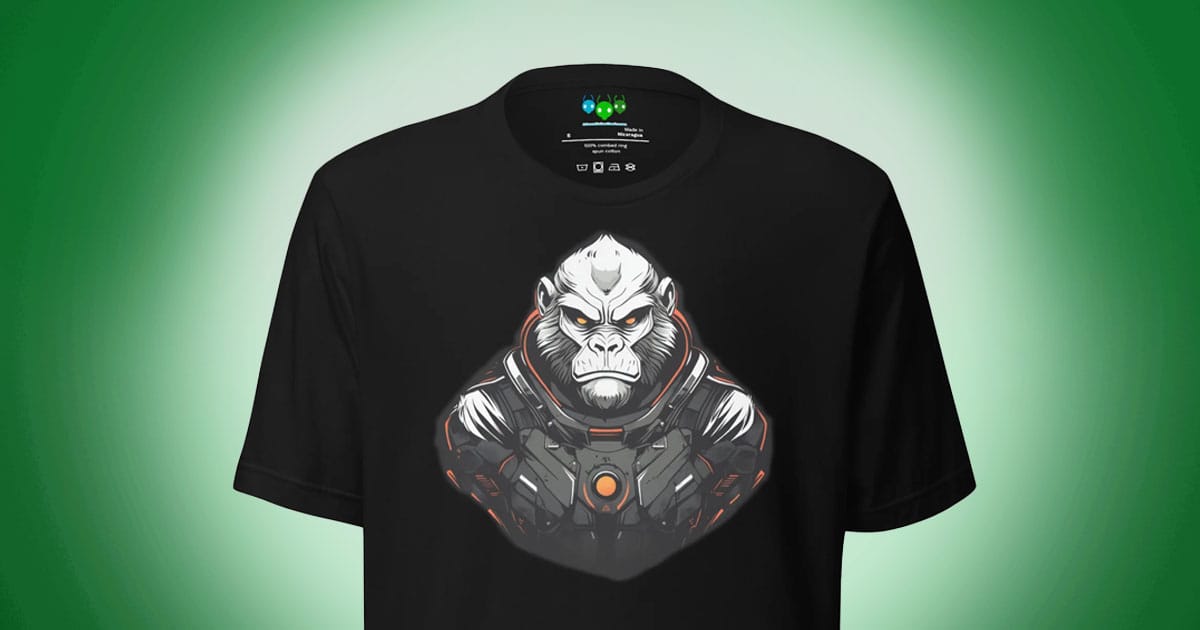
In the world of Kongara, strength alone is never enough. Luno, the Silverback Diplomat, unites power and wisdom to lead his people through conflict and peace. His story speaks to every science fiction fan who values courage, loyalty, and honor above all.
The Luno T-shirt celebrates that spirit. Printed on soft black cotton, it features a detailed image of the armored Silverback who defends his tribe with both mind and might. It is more than apparel. It is a tribute to leadership that endures when words and weapons meet.
The Scientist and His Shadow
Dr. David Banner stands at the crossroad between intellect and emotion. His story begins in a laboratory, where the pursuit of knowledge turns personal and reckless.
After failing to save the woman he loved, Banner dedicates himself to uncovering the hidden strength that allows some people to survive under pressure. He believes that with enough calculation and courage, science can make a man indestructible.
That faith leads to disaster. A misjudged experiment in gamma radiation transforms him into a being of pure instinct and anger. When fear or frustration strikes, the mild scientist gives way to a giant of overwhelming power. In a moment, intellect surrenders to impulse. The man who sought control loses it completely.
The pattern is familiar to readers of classic science fiction. From the nineteenth century onward, the genre has returned again and again to this image of the divided man. Dr. Jekyll creates a potion to separate his moral halves, only to release Hyde, the monster within. Victor Frankenstein seeks to conquer death and instead gives life to a creature he cannot love. Banner’s story follows in their wake, but with a modern twist. His laboratory hums not with glass beakers and candlelight, but with cold machines and flickering monitors.
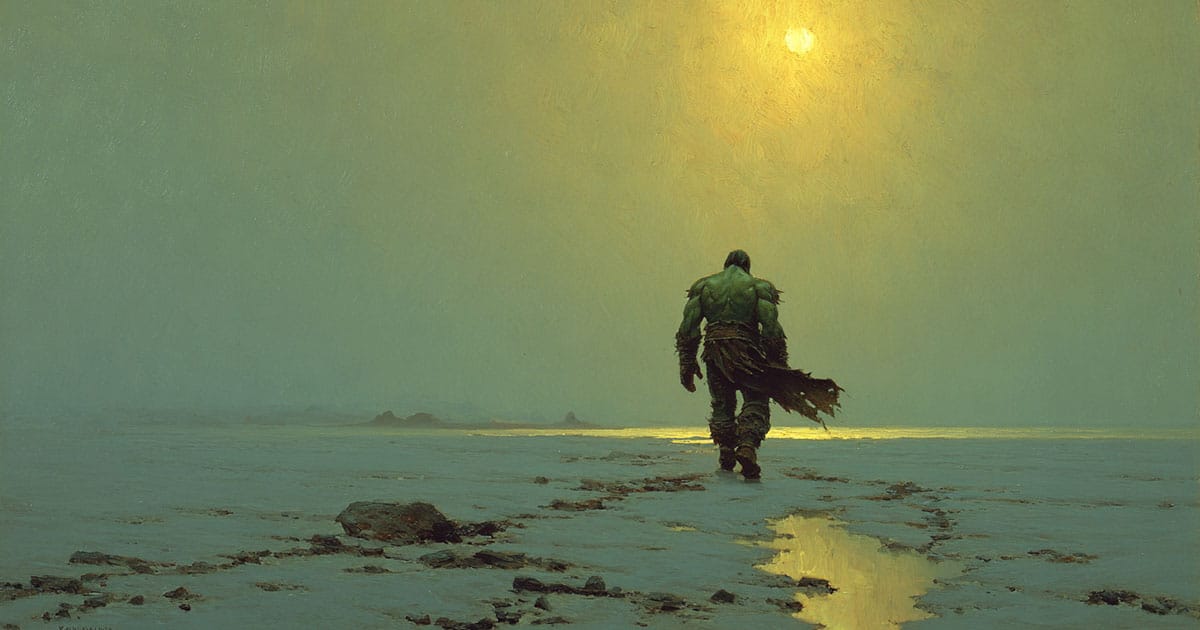
The Price of Enlightenment
The Incredible Hulk arrived at a time when American confidence in science had begun to falter. By the late 1970s, the public had witnessed the promise of the atomic age turn to dread. Environmental scares, nuclear accidents, and the shadow of war replaced the optimism that had fueled the Space Race.
Banner’s transformation captured that tension. He was not an alien invader or a mad genius. He was an ordinary man who pushed the limits of knowledge and paid the price.
The television series translated this theme into human terms. Bill Bixby’s performance as Banner made the character sympathetic. He was not evil or insane, only exhausted by the weight of his own invention. Lou Ferrigno’s Hulk, despite his fury, often acted as a protector of the innocent. Together they embodied the split between intellect and emotion that haunted the late twentieth century.
The Power of Transformation
Transformation is one of the oldest devices in science fiction. It dramatizes change that cannot be explained or undone. In The Incredible Hulk, transformation becomes a moral test. The change is triggered not by technology but by emotion. Banner’s anger, fear, and guilt are the real forces at work. Science provides only the spark.
This link between emotion and mutation connects the Hulk to a line of earlier works. In Forbidden Planet, the invisible monster that stalks the crew is a projection of human desire. In The Fly, scientific ambition literally disfigures the man who dared to manipulate nature. In each story, the real danger lies not in the experiment but in the mind that conceives it. The Hulk turns that idea into television drama. Every episode warns that knowledge without self-control leads to ruin.
The American Wanderer
The structure of the series gave Banner’s story an almost biblical rhythm. Each week, he appeared in a new town under a false name, using his skills to help those in trouble. When danger struck, the Hulk emerged to deliver rough justice. By dawn, Banner had to leave, forever hunted by reporter Jack McGee and by his own conscience.
This wandering hero recalls the drifters of American westerns. The scientist replaces the gunslinger, but the moral pattern remains the same. The man who brings order cannot stay to enjoy it. He is condemned to the open road. The mournful piano theme that closed each episode underscored that loneliness. The green creature walking into the distance became an image of both strength and exile.
The Monster as a Mirror
Science fiction often uses monsters to reveal what civilization hides. The Hulk is not evil. He acts out of instinct, not cruelty. In this way, he belongs with the sympathetic creatures of earlier decades. King Kong, the Creature from the Black Lagoon, and even the misunderstood robot of The Day the Earth Stood Still all share the same quality. They reflect the moral confusion of their makers.
The Hulk’s rage mirrors the frustration of his human counterpart. Every act of destruction is a reminder of what the rational man represses. The scientist and the monster are not enemies but halves of a single whole. Together they form a picture of the modern mind at war with itself.
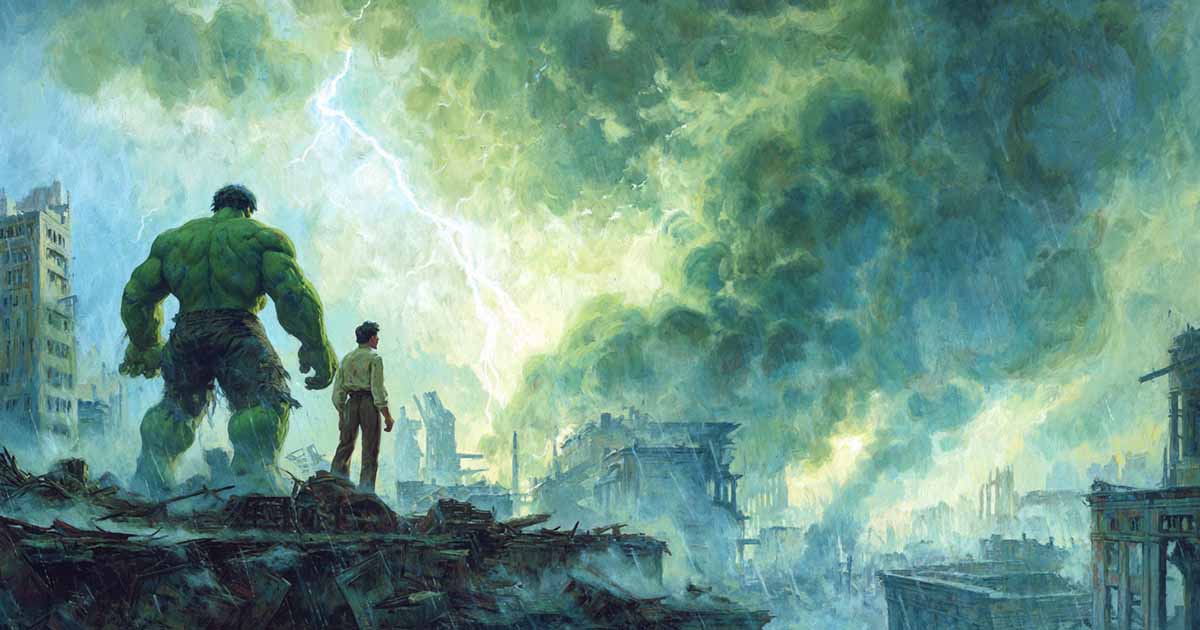
The Lesson of Control
At the center of The Incredible Hulk lies a question that defines classic science fiction. Can man control the power he creates? Banner’s struggle suggests that the answer is uncertain. He spends the series seeking a cure, yet every attempt to eliminate the Hulk fails. The condition is not a disease but a truth about human nature.
Science fiction has long warned that knowledge without humility leads to disaster. From Frankenstein’s laboratory to Banner’s gamma chamber, the pattern repeats. The desire to master nature exposes the weakness within man himself. The lesson is simple but eternal. Power without wisdom destroys its maker.
The Incredible Hulk endures because it speaks to that condition. It is not just a story about mutation or anger. It is a parable about restraint in an age that worships progress. The scientist and the creature share the same heart, and that heart beats with the rhythm of every man who has ever reached beyond his limits.
"The Incredible Hulk" Trivia
- Kenneth Johnson, the producer and writer of The Incredible Hulk, first turned down the project. He accepted only after deciding it could explore human nature and moral conflict rather than costumed heroics.
- The network changed Dr. Bruce Banner’s first name to David. Executives believed the name Bruce sounded too unrealistic for television audiences in the late 1970s.
- Lou Ferrigno spent more than two hours each day in makeup. The green coloring was created with grease paint and spirit gum, which had to be scrubbed off after every shoot.

